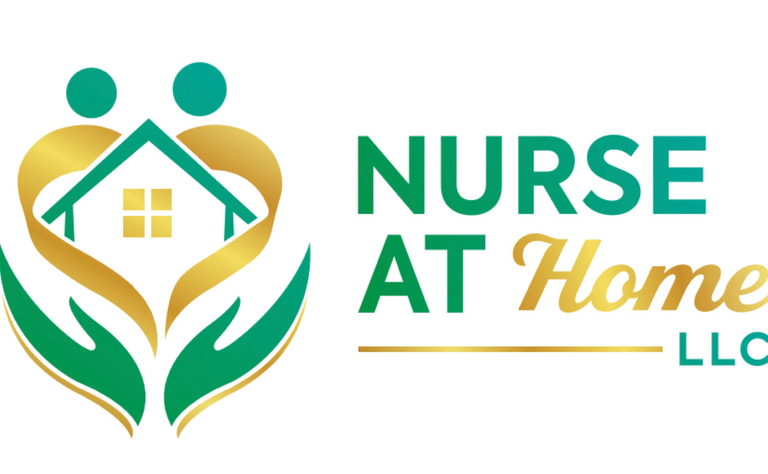Understanding Dementia Care: What Families Should Know Before Hiring Help
5/6/20252 min read


Introduction to Dementia Care
Dementia is a complex condition that affects millions of families around the world. Understanding dementia care is crucial for caregivers and family members as they navigate the challenges associated with this condition. As the disease progresses, individuals may require increased assistance, and families often contemplate hiring professional help. However, before making that decision, it is essential to be informed about several key aspects of dementia care.
Assessing the Needs of Your Loved One
Before hiring help, families should conduct a comprehensive assessment of their loved one’s specific needs. This includes understanding the stage of dementia they are in, which can range from mild cognitive impairment to advanced stages requiring constant supervision. Knowing the daily challenges, such as medication management, personal hygiene, or even social interaction, will help determine the level of care required. Families must evaluate whether full-time care, part-time assistance, or respite care is necessary to complement what they can provide.
Hiring the Right Help
When families decide to hire assistance, taking the time to find the right caregiver is critical. It’s advisable to look for professionals who have specialized training and experience in dementia care. Family members should ask potential candidates about their understanding of dementia, their approach to care, and ask for references to ensure they are capable and trustworthy. In addition, involving your loved one in the process, to the extent possible, can provide valuable insights into their preferences and comfort levels with potential caregivers.
Communication and Ongoing Training
Open communication with hired help is vital for ensuring the best care for your loved one. Families should regularly engage in discussions regarding care routines, any changes in behavior, and emergencies. This collaboration fosters a partnership aimed at optimizing the quality of care. Furthermore, families should also encourage or facilitate continuous education and training for caregivers to stay updated on the latest techniques in dementia care, which can significantly enhance their skill set in addressing complex situations.
Conclusion
Understanding dementia care is essential for families seeking help for their loved ones. By assessing needs, hiring the right help, and fostering effective communication, families can create a supportive environment that respects the dignity and individuality of their loved ones. Knowledge empowers families to make informed decisions, ensuring that the care provided contributes positively to the quality of life of those affected by dementia.
